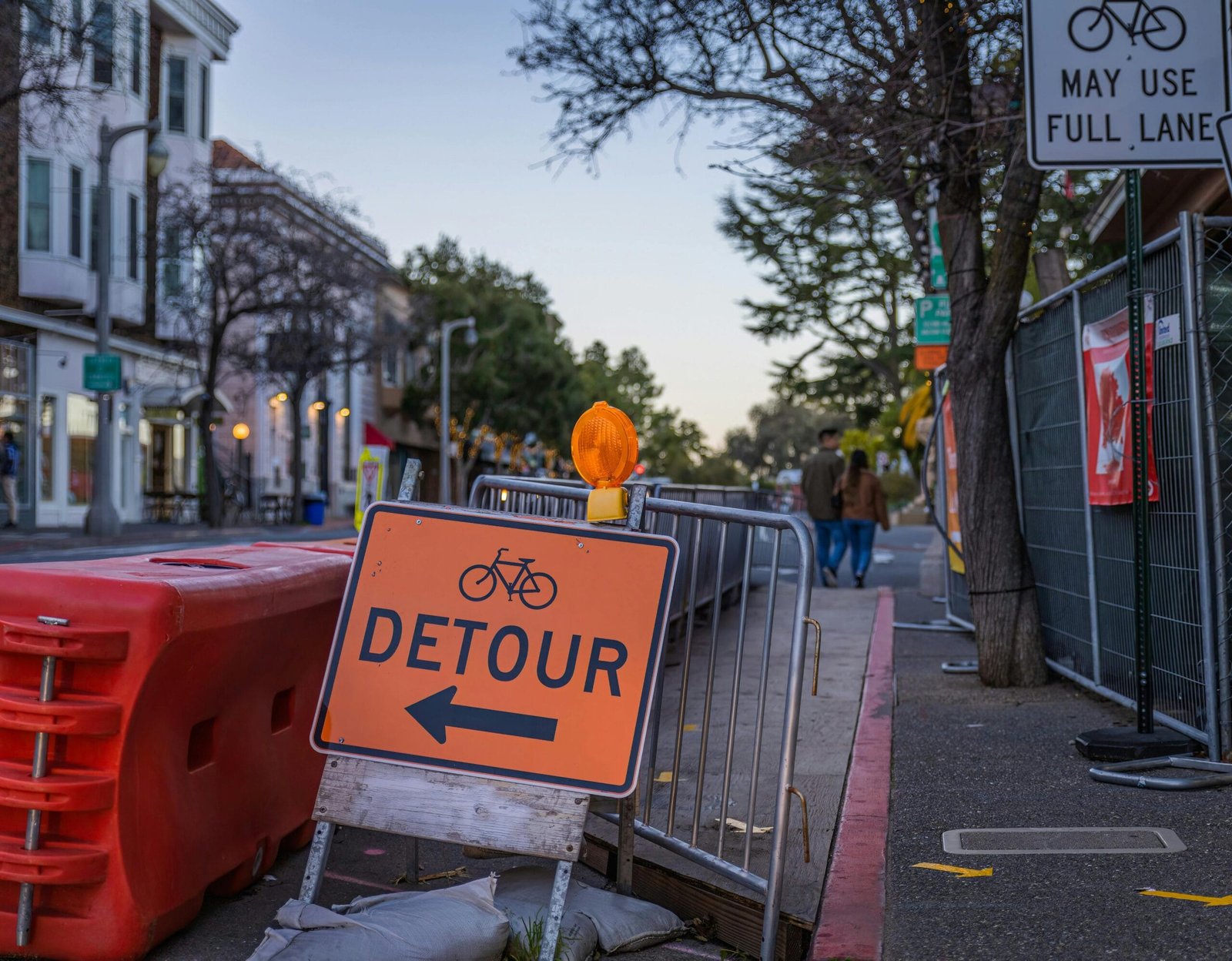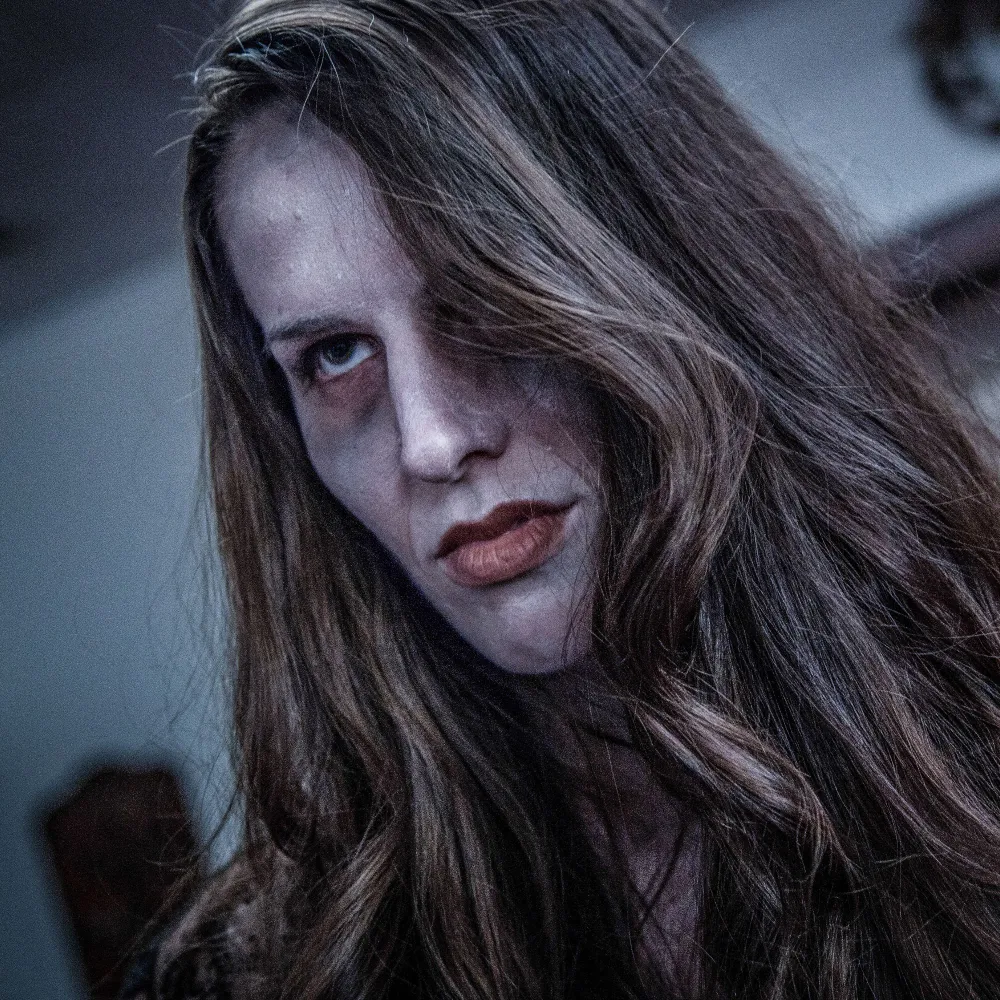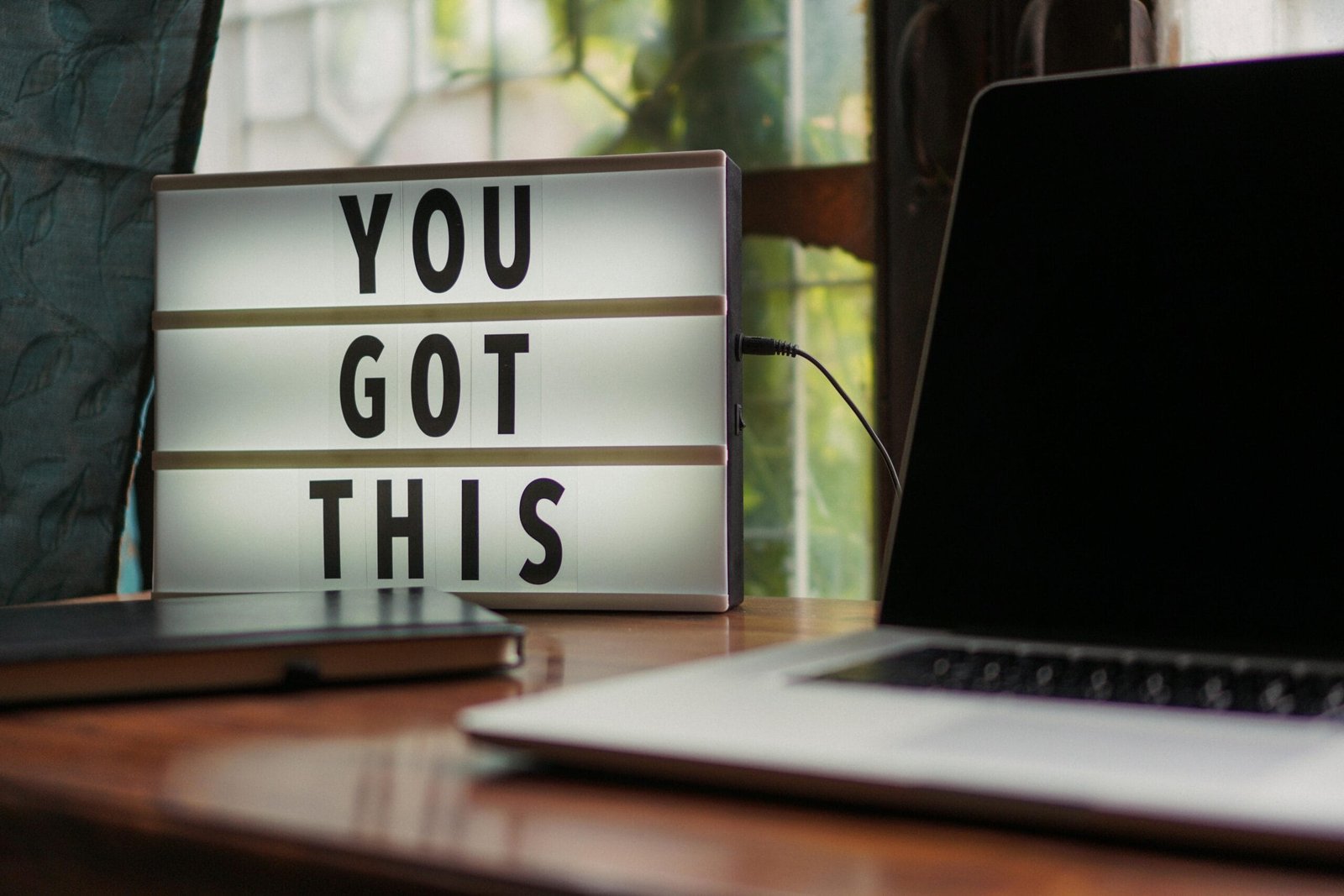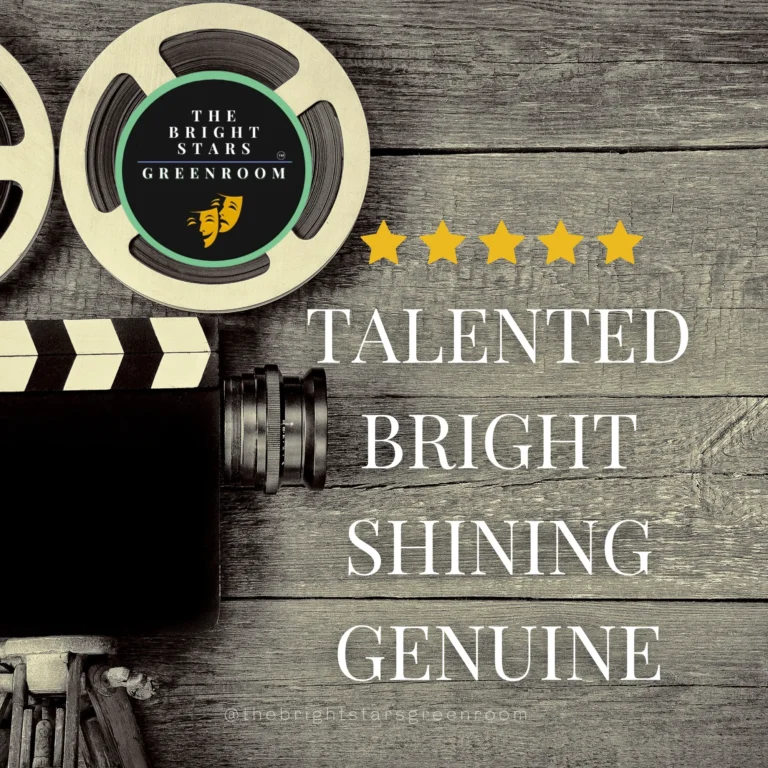
The Pain of Hearing “No” or Nothing at all…
If you’re pursuing a career in acting, you’ll hear one word more often than any other: “no.”
Sometimes it comes in the form of silence after an audition. Sometimes it’s a polite email from casting letting you know that someone else was selected for the role. Other times, it’s being on hold only to be told they went in a different direction.
Rejection in acting isn’t a rare event, it’s the norm unfortunately. And yet, despite being part of the job, it still hurts.
I know this pain firsthand. I’ve walked out of auditions feeling like I left my heart on the floor only to get no callback. I’ve been told directly they decided to go in a different direction. And I’ve wrestled with the self-doubt that follows: Will I ever get a chance? Am I really cut out for this? Am I good enough?
But what I’ve learned throughout my years of no’s and woes: rejection in acting doesn’t mean failure. It means redirection. Every “no” can lead you closer to the role, the project, or the opportunity that’s truly meant for you, if you choose to see it that way.

Why Rejection Hurts So Much for Actors
Before we jump into strategies for turning rejection into fuel, let’s acknowledge why it cuts so deep.
- Our art feels personal. Unlike a standard job interview, when actors audition, we’re not just showing skills, we’re offering a piece of ourselves. When that’s turned down, it can feel like we are being turned down.
- The stakes feel high. Sometimes, it feels like one role could change everything. So when we don’t book it, it feels like a door to our dreams just slammed shut and we are left out in the cold.
- We want validation. At the end of the day, we all want to feel seen and appreciated. Rejection, especially without feedback, can feel like the opposite.
Acknowledging this doesn’t make rejection less painful, but it does help us understand why it shakes us, and why building resilience is so important.

Reframing Rejection: From “No” to “Not This One”
One of the biggest mindset shifts I had to make as an actor was this: rejection doesn’t mean “never,” it just means “not this one.”
Recently, I was directly contacted by a company that wanted to fly me out to be a part of a production. It felt like a huge win, but in the end, they went in a different direction. And yet another rejection in acting that puts us back at square one.
It hurts, and it can feel like defeat. But that’s exactly when you have to remember the good: being sought out for this opportunity is a win in itself! It’s proof that your talent is seen and wanted, and it’s one step closer to the right set where you truly belong. Celebrating these steps (even the ones that feel like setbacks), is part of the journey.
Casting decisions are about more than talent. Directors consider chemistry, energy, physical type, voice, even how you contrast with another actor. It’s like building a puzzle… if your piece doesn’t fit here, it just belongs somewhere else.
When I started reframing rejection as redirection, I stopped spiraling into shame and began seeing every “no” as a stepping stone to the right “yes.”
3 Practical Ways to Turn Rejection into Redirection
1. See Every Audition as Practice, Not Proof
Auditions aren’t just a test to see if you’re good enough, they’re practice opportunities. Each time you audition, you:
- Build your comfort in front of casting directors.
- Experiment with new choices.
- Sharpen your skills under pressure.
Instead of leaving an audition thinking, “I failed,” try leaving thinking, “That was another rep in the gym.” Reps build muscle. And every rep gets you stronger.
2. Treat Rejection as Feedback (Even If You Don’t Get Any)
Not every casting director will give you notes, but that doesn’t mean you can’t take away lessons. Ask yourself after each audition:
- Did I prepare in a way that supported me?
- Was I fully present in the moment?
- Did I take risks or play it safe?
Even if the casting team doesn’t tell you why you didn’t get the role, reflecting on your own process helps you grow. Rejection becomes less about loss, and more about data that improves your next audition. You are building your actors resilience.
3. Create Your Own Momentum
The worst thing rejection can do is freeze you. When we hear “no” enough times, we start to wait passively for the next opportunity, or worse, stop trying altogether.
But you don’t have to wait for someone to cast you to be an actor. You can:
- Collaborate with friends on a short film.
- Film a monologue for social media.
- Write and perform your own material.
By creating your own opportunities, you remind yourself of your power. Rejection loses its sting when you realize your artistry isn’t dependent on someone else’s approval.

The Silent Struggles Behind Rejection
For women especially, rejection in acting carries extra weight. We’re often told we’re not “pretty enough,” “skinny enough,” or “young enough.” Roles for women can also be limited, and opportunities fewer.
The rejection we face can sometimes feel like it’s not just about the role, but about our value as people. You have to learn ways of overcoming self-doubt and keeping yourself motivated.
This is where resilience becomes more than just a professional tool, it becomes survival. Learning to separate our worth from external validation is the most powerful skill we can develop as performers.
The Importance of Community
One thing I learned after years of struggling in silence is that rejection feels heavier when you carry it alone. When you have a supportive community of creatives around you, those “no’s” don’t weigh as much.
I can’t count how many times another actor’s encouragement reminded me that I wasn’t broken, I wasn’t untalented, and I wasn’t alone. Community gives us perspective, encouragement, and a reminder that every actor (even the ones we admire most) has faced rejection countless times.
Also….Your “No” Is Someone Else’s “Yes”
The next time you hear “no,” remember: it’s not the end. It’s redirection. That role wasn’t yours, but another performer who is dreaming big like you. Every rejection clears the path for the right opportunity to find you.
Rejection doesn’t define your career. What defines you is how you respond. Will you let it stop you? Or will you let it fuel you?
Are You Ready to Level Up?
If you’re an actor navigating rejection and longing for a place to rebuild your spark, I’d love to invite you to explore the Bright Stars Greenroom retreats. They’re designed for actors and creatives who want to reconnect with their confidence, reignite their imagination, and remember why they fell in love with performing in the first place.
Because here’s the truth: you don’t have to face this journey alone, and you are more powerful than you realize! 🌟

